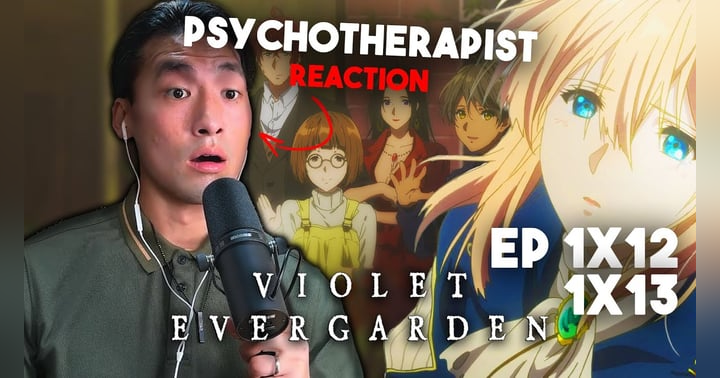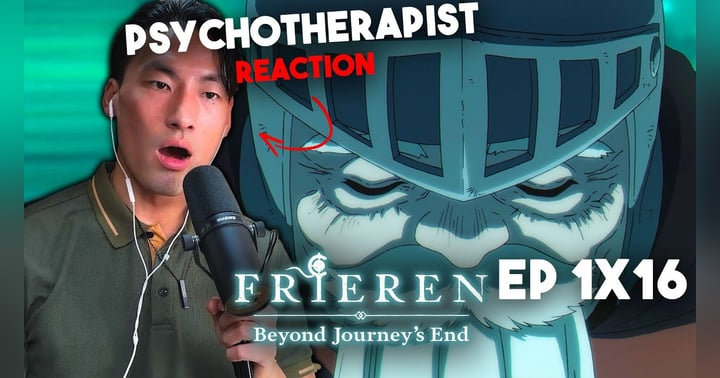The Psychology of Men In Intimate Relationships

The Hidden Emotional Lives of Men
Men are often stereotyped as stoic, unemotional creatures who prefer to repress their feelings rather than express them openly. However, my recent enlightening conversation with psychologist Avrum Weiss revealed that this limited view of masculinity does not tell the full story. Behind closed doors, men actually have rich emotional inner lives and intimate bonds with each other that are rarely seen in mixed company. In his nearly 40 years of counseling men, Avrum has gained unique insights into the psychological impacts of patriarchal gender norms on men. He explained how boys learn from infancy to hide vulnerable emotions like sadness, fear, and loneliness. This conditioning teaches them that expressing anything other than anger makes them weak or feminine. By adolescence, most boys have learned to put up an emotional wall in order to fit in with peers and societal expectations. However, this harsh socialization process has profound consequences. Avrum explained that beneath the surface, most men struggle with the same insecurities, self-doubts, and fears as women. But they are simply unequipped to handle these feelings due to a lack of emotional development. Research shows that boys form close friendships growing up just like girls do. But these intimate bonds fade as they grow older and masculine norms take over. For many men, their romantic partner becomes the sole person they open up to emotionally. This puts huge pressure on couples and limits men's coping outlets. In Avrum's all-male therapy groups, he sees men openly discuss emotions and hardships they would never reveal around women or mixed company. There is a night and day difference in the emotional fluency men display in these private male spaces compared to public. However, men rarely get the chance to experience this freedom to be vulnerable with other men. They learn quickly that society does not reward displays of weakness or intimacy between men.
Homophobia and fears of seeming feminine also cause men to avoid meaningful connections with other men. This lack of emotional support from other males combined with pressure to be family breadwinners leaves many men suffering silently. Avrum explained that men's mental health struggles and high rates of suicide could be improved if patriarchal attitudes were challenged. Enabling boys to retain intimate friendships and ensuring men have male emotional support systems outside of marriage could have far-reaching impacts. But we must first move past negative assumptions that vulnerability makes men weak or pitiful. In fact, Avrum believes that the traditional masculine culture harms men as much as it enables them. Men suffer under the constant pressure to appear invulnerable and self-reliant, forcing them to suppress normal human emotions. This pretense of strength becomes like a mask glued onto their identities. It may grant social status, but it comes at a psychological cost. Behind closed doors, many men are riddled with insecurities, loneliness, and fears of failure they feel unable to share openly.
We also discussed how modern society continues to reinforce limited views of masculinity even in therapeutic contexts. Many psychology books still portray men as emotionally simple creatures relative to women. But Avrum stressed that in reality, men have the full spectrum of human emotions and inner lives. The problem is that male socialization actively represses their emotional expression, not that they lack these feelings entirely. Without understanding social influences, therapy for men can become part of the problem rather than the solution. If we truly want to understand men's psyches, we must be willing to look behind the emotional walls they construct to see the full human beings behind them. As feminism has helped empower women to express their true selves, we need a new masculinity movement to help liberate men from repressive gender norms. Only then can we build a society where people of all genders can live emotionally whole, connected lives.
The Power of Community in Modern Life
In today's increasingly isolated world, the need for community is more important than ever for wellbeing. My enlightening discussion revealed how community spaces provide vital emotional nourishment and support missing from modern nuclear family structures. Reintegrating this "third space" concept could significantly enrich modern life. The conversation began by referencing a novel envisioning utopian "third spaces" where community members can gather and form extended family-like bonds. Examples were given of how indigenous cultures traditionally had these community spaces where children flowed between households fluidly. In modern society, however, most of us live in isolated nuclear family units separate from our communities. This lack of village-like support networks in Western cultures leaves many people vulnerable. Studies show that loneliness and lack of meaningful relationships are major predictors of future mental health issues and crises. During times of grief, trauma, or transition, community spaces provide critical emotional support and connection missing from small family units. Interestingly, certain cultures integrate community into grief rituals, recognizing its importance. In Judaism for example, mourners are required to say prayers in a group of ten daily for a year after a loved one's death. This provides social support and helps avoid isolation in difficult times. The power of close community ties is also exemplified in longevity studies of "Blue Zones" where lifespans average over 100 years. These cultures all incorporate the concept of "moais" or social circles that integrate newcomers into the community's social fabric. People are adopted into a moai "family" immediately upon arriving, expanding their support network.
Research shows that men's shorter average lifespans compared to women are largely explained by a lack of social connections and vulnerability to loneliness. Integrating community spaces to reduce isolation could help men live longer. Given that suicide is also highest amongst lonely men, a "third space" could be lifesaving. Of course, adapting this community concept to modern life poses challenges. However, conscious efforts to integrate social spaces and communal rituals into everyday life could strengthen social bonds. This could include community centers, social clubs, spiritual groups, and more. We all need a sense of belonging. Integrating community spaces could help provide the social nourishment that human beings inherently crave.
Understanding the Male Perspective on Dating
Dating is filled with vulnerability and emotional risks for both men and women. However, common female assumptions about male commitment avoidance often miss the mark. My discussion revealed enlightening truths about men's psyche when it comes to relationships that challenged these gender stereotypes. We first busted the myth that men have an inherent fear of commitment or reluctance to settle down. Studies show that the vast majority of men do seek marriage or long-term partnerships at similar rates to women. However, men are prone to hesitation and caution when entering romantic relationships due to intense social pressures surrounding masculinity and dating. Unlike women, who face pressures to find partnership and marry, men are socialized to appear invulnerable and emotionally detached in relationships. This conditions many men to avoid expressing vulnerability, needs, or strong emotions with romantic partners for fear of scaring them off. Underneath the facade, however, men crave intimacy and connection just as much as women. Women's understandable frustrations with men's emotional unavailability are valid. But some common female attitudes towards men also provoke defensiveness and prevent understanding. Many women enter dating with negative assumptions about men's intentions or capacities for intimacy based on past relational wounds or cultural stereotypes. Understandably, this breeds resentment and makes communication difficult. Here, curiosity is key. Being judgmental and critical causes people to become closed off out of fear. But reacting to men's emotional walls with openness and compassion creates psychological safety to open up. Rather than making assumptions, ask questions non-judgmentally. Understand that a man's emotional avoidance often comes from past hurts or fears of vulnerability, not indifference. Meeting them where they are with patience can slowly build trust and new relationship patterns.
For men, two key reflective questions after a first date were suggested: How did you feel during the date, and did you like the version of yourself on the date? This draws attention inward to align actions with values rather than societal expectations. Focusing on emotional awareness and being one's best self fosters healthy dating mindsets for men. Of course, no magic formula exists for dating success. But an attitude of openness, compassion, and leaving assumptions behind can help bridge the communication divide between genders. And for couples who do find long-term partnerships, it is the little ordinary moments of laughter, affection, and closeness that form the tapestry of true intimacy. Rather than seeking the fairy tale, nourish the everyday beauty in your midst
Check out the full version of Episode 100 here.







